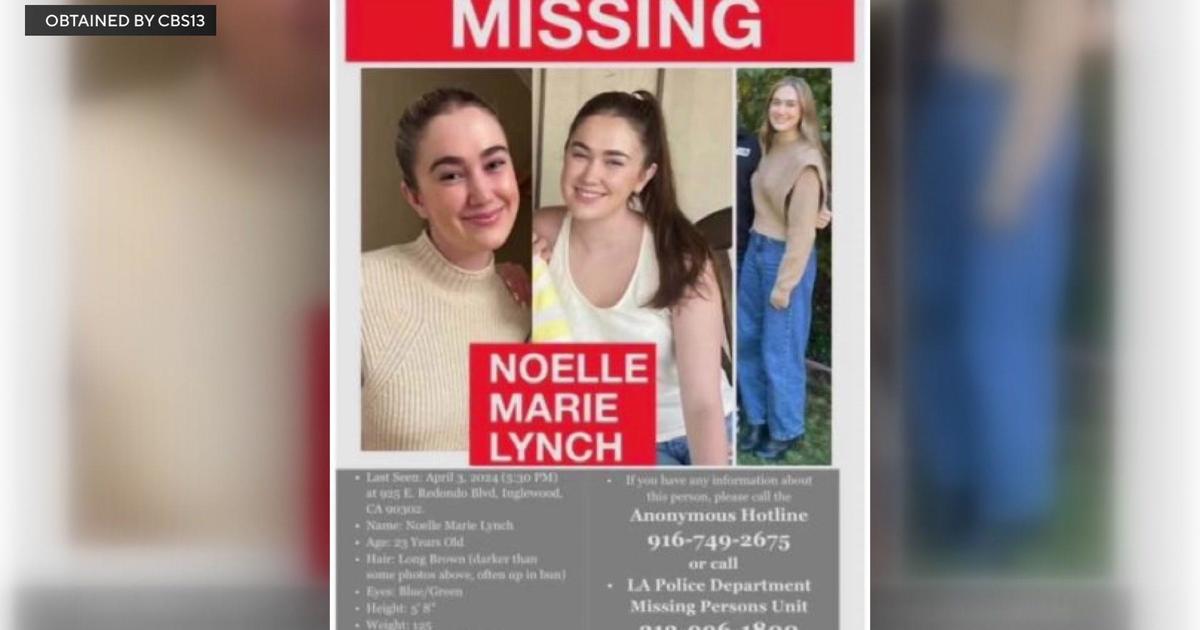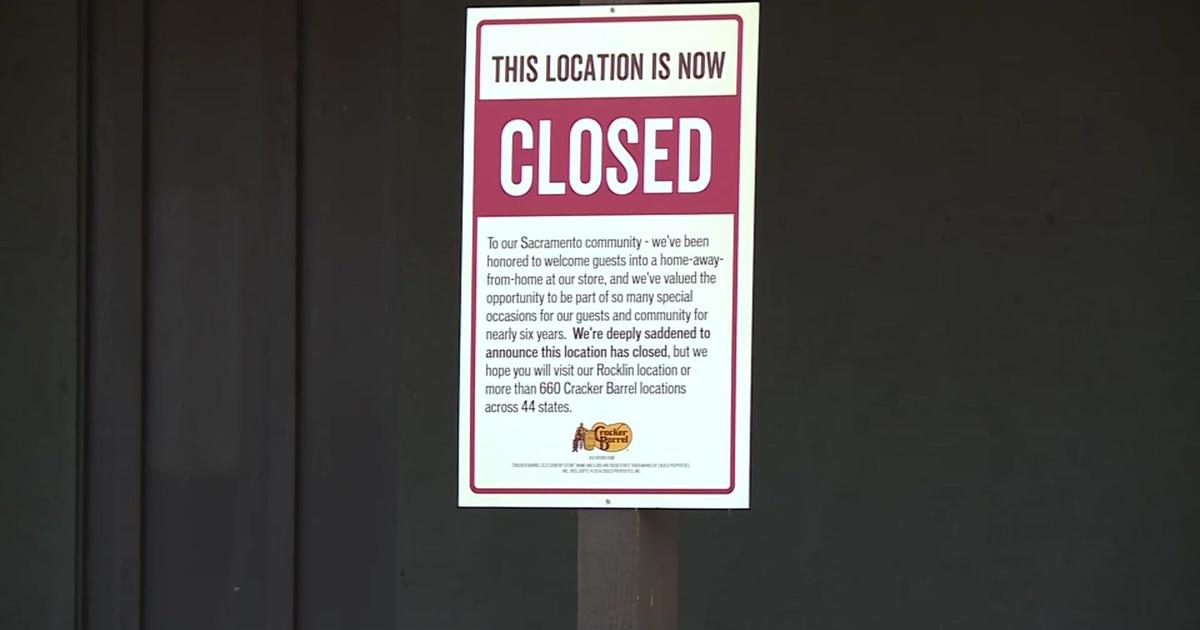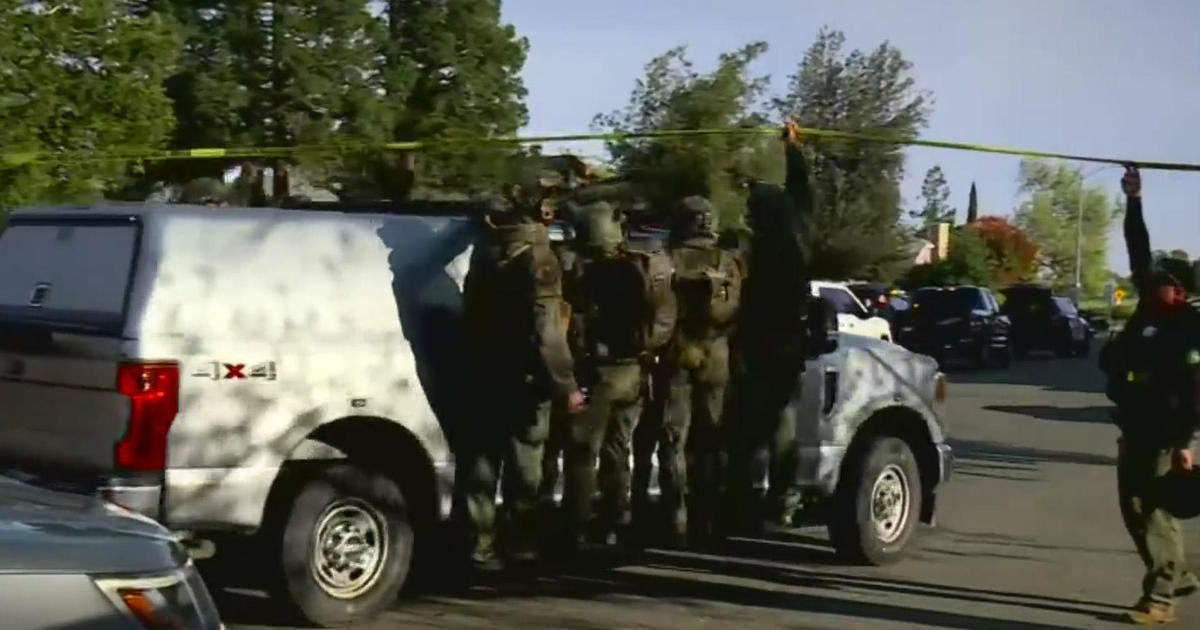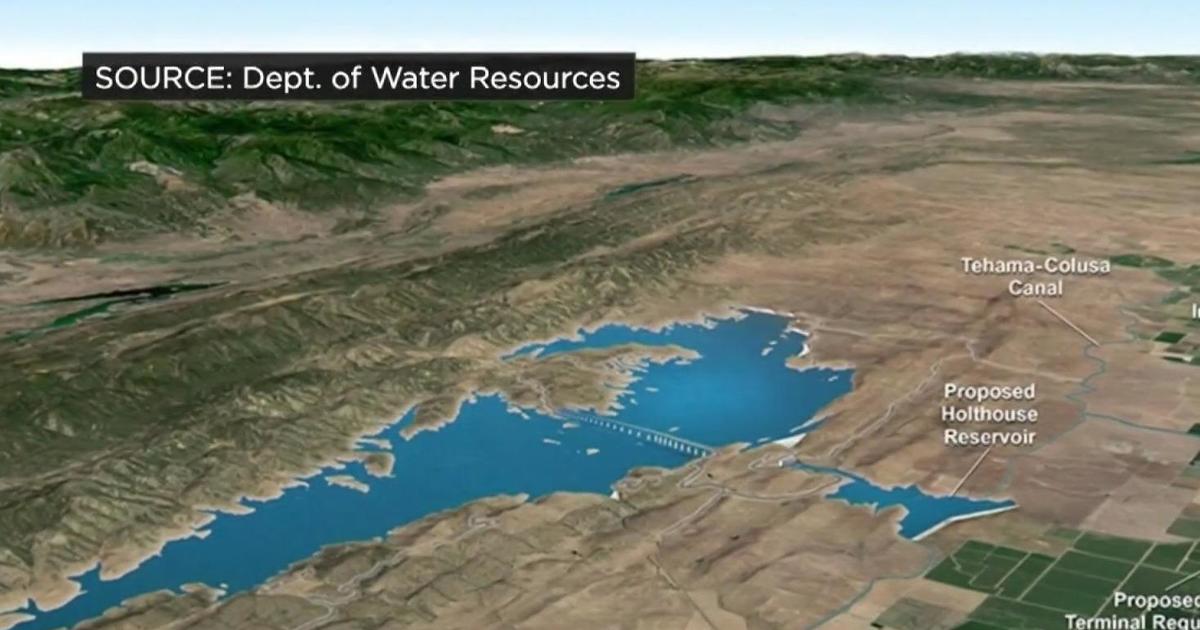What Should You Do To Prepare For Flooding In The Sacramento Region?
Forecasters are predicting a large amount of rainfall in Northern California this week. Although flooding may not happen in your region, it's good to be prepared. Here are some experts' tips and resources we found to help keep you safe in the event of flooding.
Here are some good things to do before a storm:
- Clear leaves from drains and gutters
- Bring inside or secure outdoor objects (decorations, patio furniture, umbrellas, etc.)
- Have supplies ready in case of power outages (food, batteries, blankets, etc.)
- Grocery shop, fill your prescriptions, etc., so that you don't have to go out during a storm.
- Bring your pets inside before a storm hits.
- Fill used liter-size plastic soda bottles with water and place them in the freezer. During an extended outage, transfer them to your refrigerator to prevent food from spoiling. Open the refrigerator only when necessary to keep warm air out and cooler air in.
- For more tips on what to do in a power outage, visit the PG&E website.
- Make a Family Communication Plan so you know what to do in case of an emergency.
- Sign up for your community's warning system. The Emergency Alert System (EAS) and National Oceanic and Atmospheric Administration (NOAA) Weather Radio also provide emergency alerts. Sign up for email updates and follow the latest guidelines about coronavirus from the Centers for Disease Control and Prevention (CDC) and your local authorities to prevent the spread of COVID-19.
- If flash flooding is a risk in your location monitor potential signs, such as heavy rain.
- Keep important documents in a waterproof container. Create password-protected digital copies.
Here are some good things to do during a storm:
- Monitor local news sources, the City's website, and social media channels for updates and emergency messages. Don't call 9-1-1 unless you have a true emergency.
- Postpone all non-essential driving until after severe storms.
- If you must drive, turn your headlights on, slow down, and be very cautious. Keep a disaster supplies kit in your vehicle.
- If told to evacuate, do so immediately. Never drive around barricades. Local responders use them to safely direct traffic out of flooded areas.
- If you are sick and need medical attention, contact your healthcare provider for further care instructions and shelter in place, if possible. If you are experiencing a medical emergency, call 9-1-1 and let the operator know if you have, or think you might have, COVID-19. If possible, put on a mask before help arrives. If staying at a shelter or public facility, alert shelter staff immediately so they can call a local hospital or clinic.
- Listen to EAS, NOAA Weather Radio or local alerting systems for current emergency information and instructions regarding flooding and COVID-19.
- If your car is trapped in rapidly moving water stay inside. If water is rising inside the car get on the roof.
- If trapped in a building go to its highest level. Do not climb into a closed attic. You may become trapped by rising floodwater. Only get on the roof if necessary and once there signal for help.
Here are some things not to do during a storm:
- Do not walk, swim or drive through floodwaters. Turn Around, Don't Drown!
- Stay off of bridges over fast-moving water.
- Depending on the type of flooding:
- Evacuate if told to do so.
- Move to higher ground or a higher floor.
- Stay where you are.
Useful phone numbers:
- Report downed power lines immediately by calling 9-1-1 and PG&E at 1-800-743-5000 or SMUD at 1-888-456-7683.
- Call 9-1-1 to report flooding or fallen trees that are creating an immediate hazard.
Stay in the know, download the CBS13 News App and Weather App and get up-to-date news and weather information for your area.
More ways to stay connected to CBS13/CW31:
Facebook:
Instagram:



